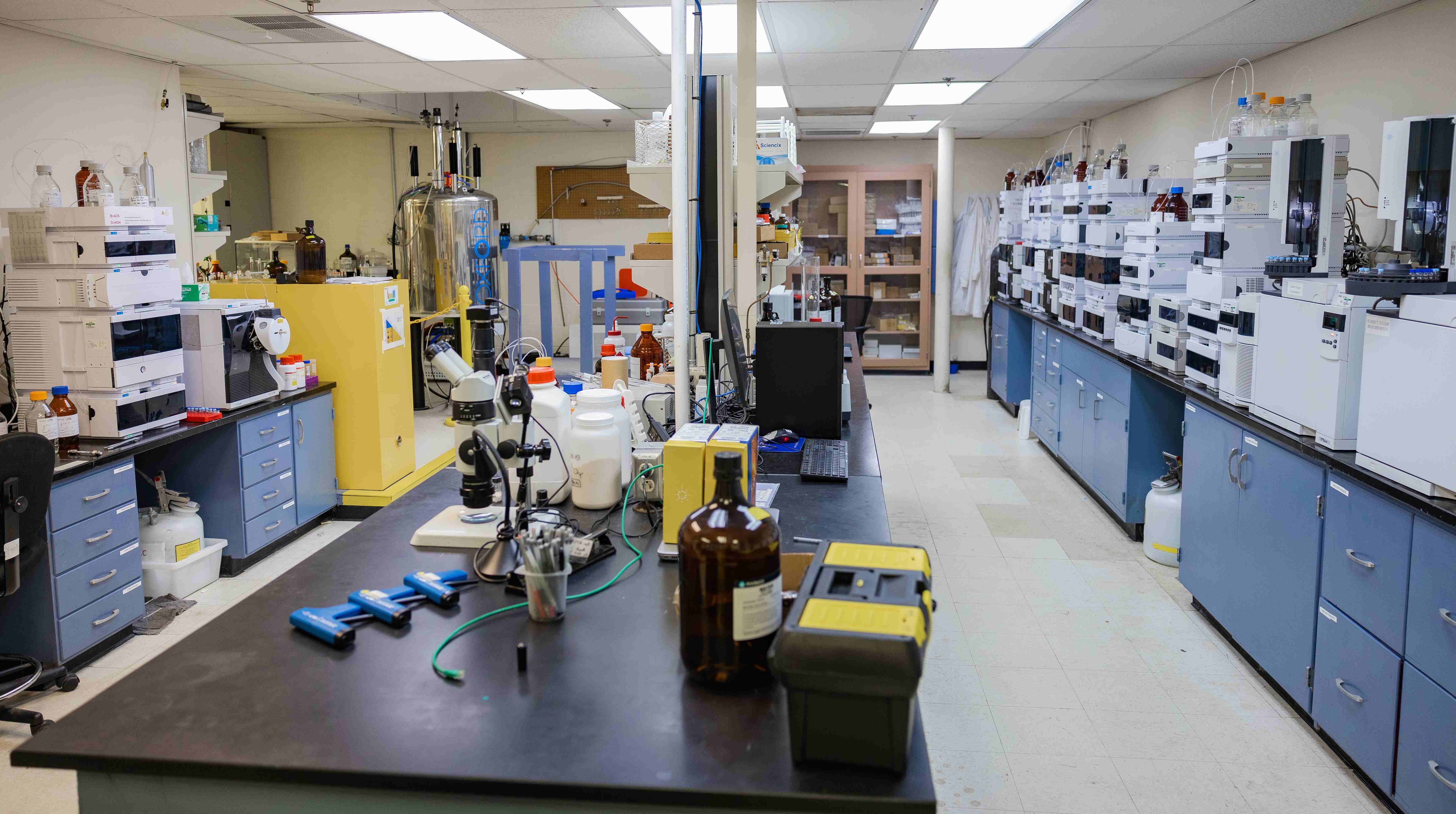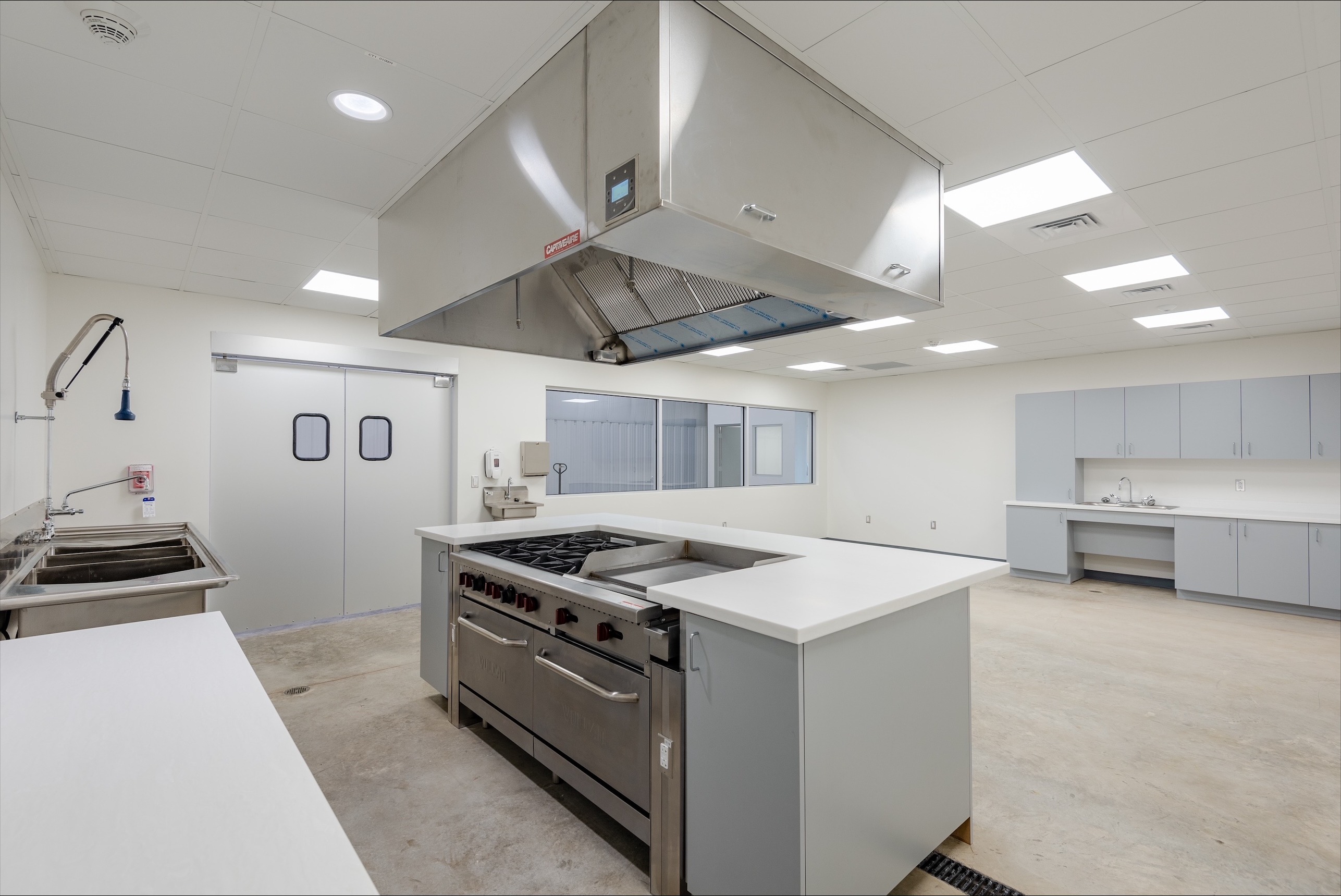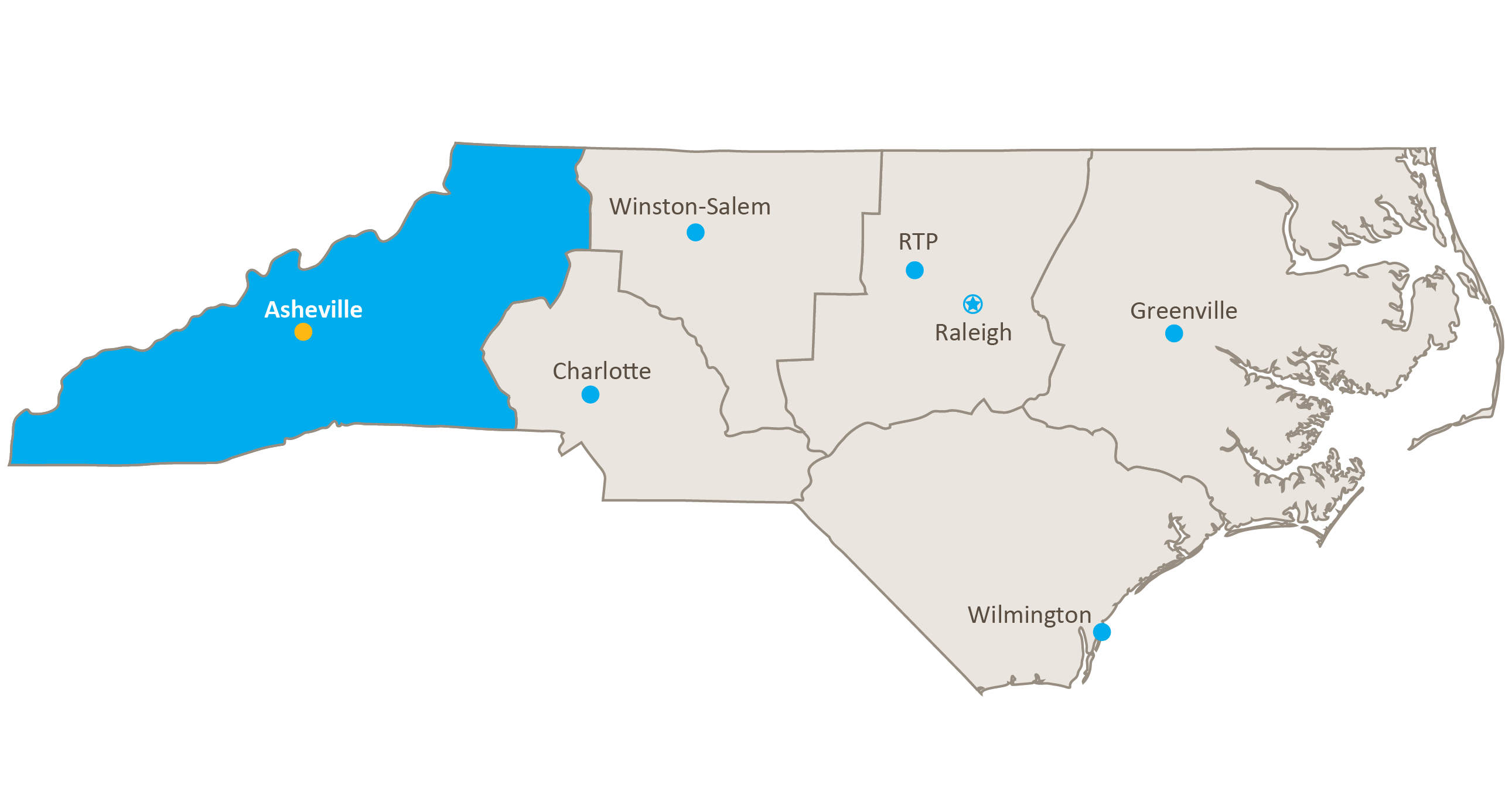
Life Sciences in Western North Carolina
Western North Carolina is dominated by national parks and forests, but it also boasts a diverse life sciences manufacturing landscape.
The Western Region's key strengths include plastic medical device engineering and manufacturing as well as pharmaceutical manufacturing.
Baxter is the largest employer in the region with over 3,000 employees manufacturing dialysis solutions at its facility near Marion. Stallergenes Greer, located in Lenoir, is the oldest life sciences company in North Carolina. This company develops allergy immunotherapy products and services. The medical plastics engineering and manufacturing cluster is impressive, led by Jabil, Enplas Life Science and Raumedic.
The charming town of Brevard has an impressive cluster of pharmaceutical synthesis and manufacturing with the presence of Raybow Pharmaceutical and IPCA/Pisgah Labs. Both companies are currently expanding facilities and jobs.
The western region leads the way in food and drink innovation and manufacturing. For example, White Labs manufactures liquid yeast varieties for all types of fermentation. As a premier destination for micro-brewing companies, the region has skilled fermentation talent. Appalachian State University's Bachelor of Science in Fermentation Sciences degree program equips students with the skills needed to launch a career in fermentation-related industries.
Blue Ridge Food Ventures has a 11,000-square-foot facility operated by The Center for Agricultural and Food Entrepreneurship, which supported the development and growth of such companies as Buchi Kombucha by providing support services and a manufacturing environment for food, beverage and natural products startups.
Contact
Jonathan Snover, Ph.D
Executive Director
Western Office

Innovation & Investment
The Western Region is abundant with funding opportunities and world-class talent. NCBiotech’s western office collaborates with investment partners and entrepreneurs to connect funding with opportunities. The office also works with business and community leaders, some of whom serve on an advisory committee, to expand the region’s life sciences cluster. Additionally, the region hosts a conference for the region's universities to share and collaborate on research.

Life Sciences Assets
Western North Carolina has resources that help entrepreneurs and small businesses grow into successful biotech companies. NCBiotech's western office is located at the Hatch Innovation Hub, which brings together investors, entrepreneurs and support organizations to thrive. Additional incubators, coworking space and more than 100 other support companies propel the life sciences cluster.

Training & Workforce Development
The Western region is home to three University of North Carolina System campuses. Appalachian State University graduates biology, chemistry, and fermentation science majors. Check out UNC Asheville, Western Carolina, or some of the state’s independent colleges and universities. BioNetwork Asheville provides training in food and beverage, lab skills, and production.

Counties – The Western Region includes Alleghany, Alexander, Ashe, Avery, Buncombe, Burke, Caldwell, Cleveland, Cherokee, Clay, Graham, Haywood, Henderson, Jackson, Macon, Madison, Mitchell, McDowell, Polk, Rutherford, Swain, Transylvania, Watauga, Wilkes and Yancey counties.
- Home to a stretch of the Blue Ridge Mountains, including the highest peak east of the Mississippi, Grandfather Mountain
- With four distinctive seasons, the average annual temperatures in Asheville are 82°F (high) and 29°F (low)
- The region is dissected by I-40 and I-26 allowing speedy delivery of merchandise, equipment and supplies
- Asheville is the largest city in the the Western Region
- Per Southernliving.com, in 2023, Asheville ranked #3 on “The South’s Best Cities”
- According to Tripadvisor.com, in 2022, Asheville ranked #10 on a list of “Trending Destinations in the U.S.”
Asheville Skyline: Courtesy of North Carolina Department of Commerce, Division of Tourism, Film and Sports Development
Transylvania Economic Alliance
Hatch Coworking
